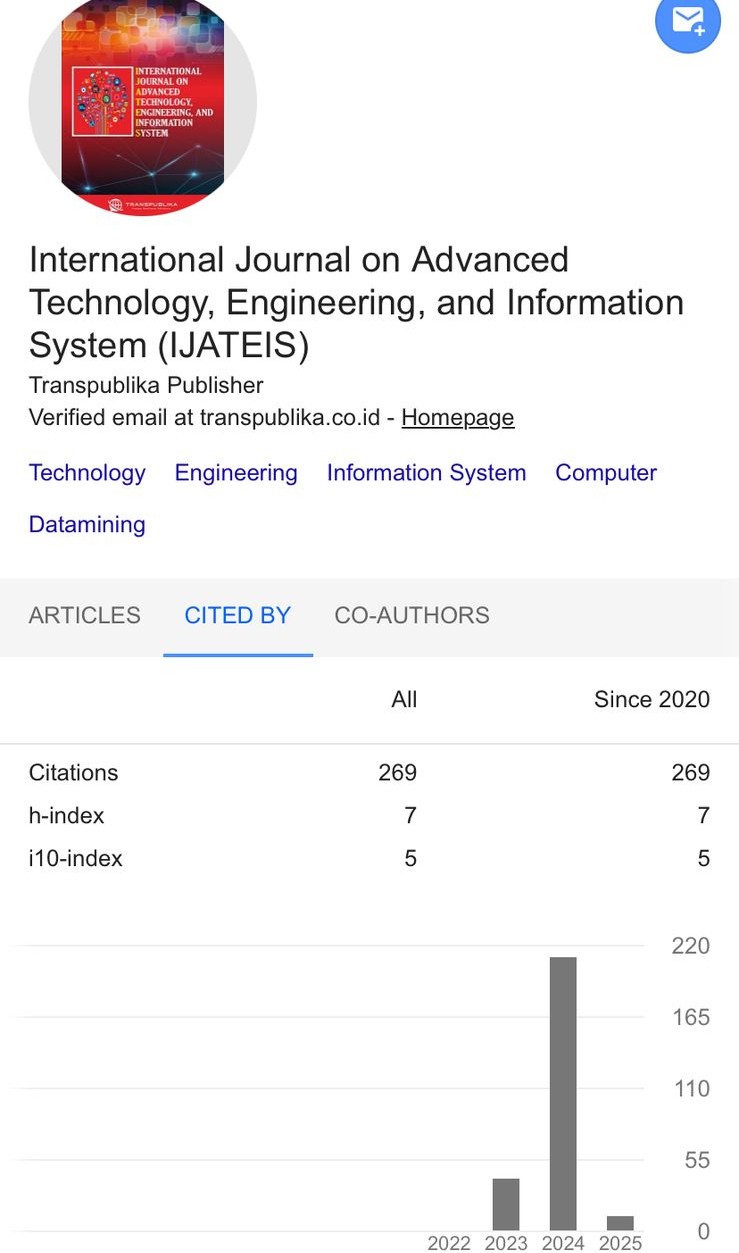EVALUATING THE IMPACT OF STARBOOKS TRAINING EXTENSION PROGRAM: A BASIS FOR PROGRAM ENHANCEMENT
Main Article Content
May Lynn M. Farren
Vexter Jeff E. Ojeno
Nolan M. Yumen*
The Community Empowerment through Science and Technology (CEST) program, led by the Department of Science and Technology (DOST), aims to address educational inequalities in underserved communities through strategic science and technology (S&T) interventions. One of key initiatives, the STARBOOKS training extension program, provides offline access to critical STEM resources, empowering rural schools with minimal connectivity. Implemented at Mag-Aba National High School in Pandan and Sebaste High School in Sebaste, the program targets enhanced digital literacy and equitable resource distribution. This study evaluates the STARBOOKS program impacts on teaching practices, student learning outcomes, and its overall contribution to bridging the digital divide in rural educational settings. It identifies program benefits, application of skills, challenges encountered, and enhancement recommendations. A mixed-methods approach was used, integrating quantitative surveys of 40 teachers and 80 students with qualitative insights gathered through open-ended questions. Data analysis employed descriptive statistics for quantitative data and thematic analysis for qualitative responses. Findings revealed that 85% of participants rated the program as highly beneficial. STARBOOKS was most utilized in STEM subjects, with notable applications in Filipino, Literature, and Entrepreneurship. Teachers reported improved lesson planning and classroom engagement, while 78% observed enhanced student academic performance. Key challenges included limited device availability (65%) and insufficient training (45%), highlighting areas requiring targeted interventions. The STARBOOKS program demonstrates significant potential in fostering equitable education and digital literacy. Recommendations include expanding program access, enhancing teacher training, increasing device availability, and introducing interactive STEM activities. Structured monitoring and evaluation systems are essential for sustaining program impact.
Alegre, M., Cruz, J., & Bautista, L. (2021). Bridging the gap: Assessing digital resource accessibility in rural education. International Journal of Educational Technology in Developing Regions, 15(2), 125–138.
Bandura, A. (1986). Social foundations of thought and action. Englewood Cliffs, NJ, 1986(23–28), 2.
Chen, Y., & Wang, L. (2024). Long-term impacts of computer literacy programs on educational outcomes: A longitudinal study. Computers & Education.
Diaz, P., & Santos, R. (2021). Addressing governance challenges in rural communities: A case study. Journal of Public Administration, 33(1), 45–60.
Garcia, R., Martinez, L., & Santos, P. (2023). Digital empowerment in rural communities: A mixed-methods study of computer literacy initiatives. Rural Sociology, 88(2), 378–402.
Gonzalez, A., & Perez, M. (2022). Improving transparency in local governance: Insights from digital interventions. Journal of Vocational Behavior.
Gupta, A., Sharma, R., & Patel, K. (2022). The role of digital competencies in employability: A cross-sectional study of recent graduates. Journal of Vocational Behavior.
Johnson, L., & Lee, K. (2020). Digital literacy and academic performance: A meta-analysis. Review of Educational Research, 90(2), 180–216.
Jones, M., & Lee, S. (2023). Flexible learning approaches in computer literacy education: A comparative study. Journal of Computer Assisted Learning.
LiquiSearch. (2023). LiquiSearch: Finding the past, present & futureTM. https://www.liquisearch.com
Norris, P. (2003). Digital divide: Civic engagement, information poverty, and the Internet worldwide. University of Toronto Press.
Ragas, T., Velasco, A., & Cruz, M. (2022). Training teachers in digital literacy: The impact on classroom engagement and learning outcomes. Journal of Educational Technology Development and Exchange, 15(3), 187–204.
Siemens, G. (2015). Connectivism: A learning theory for the digital age. International Journal of Instructional Technology.
Srivastava, S., Kumar, N., & Patel, R. (2023). Governance in resource-constrained environments: Lessons from rural India. International Journal of Governance Studies, 11(1), 1–18.
Wang, Q., & Liu, X. (2021). Fostering digital inclusion: The role of computer literacy programs in bridging educational disparities. International Journal of Educational Technology in Higher Education, 18(1), 78–92.












